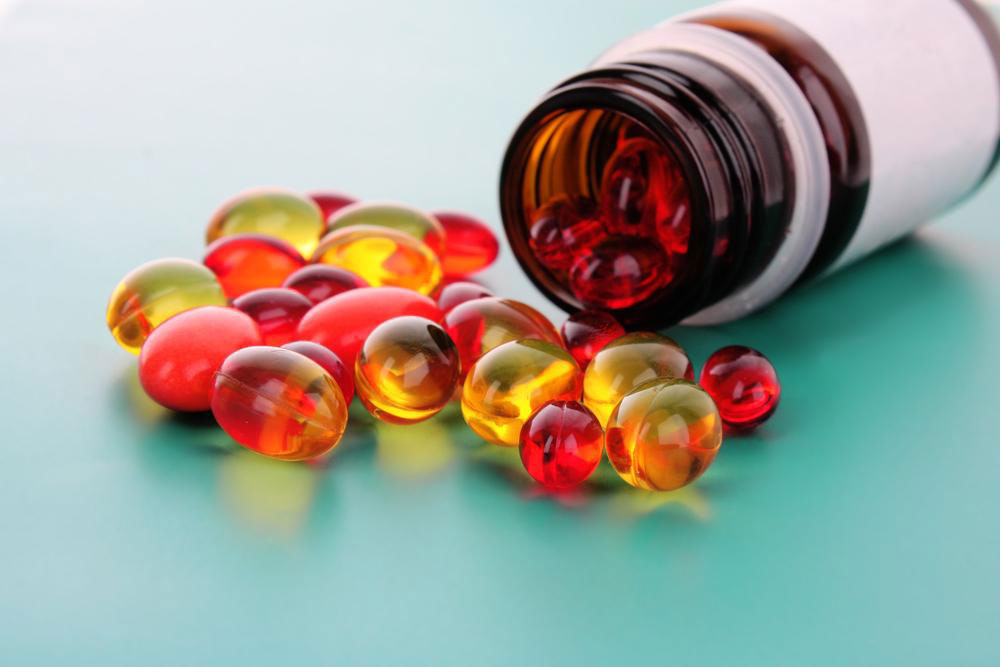
Essential vitamins that our bodies need
A vitamin is an organic compound which is vital for the survival of living organisms. Living organisms require this nutrient in limited quantities as too much of it or too little can lead to disorders. The vitamin requirements of humans differ from those of other living organisms. For example, humans require vitamin C, but dogs do not.
A human body cannot synthesize most vitamins. Vitamin D3 and niacin are only vitamins synthesized in the human body. All the other essential vitamins are derived from the food we consume. So, a well-balanced diet is necessary for a healthy body.
Most vitamins are a group of related molecules called vitamers. Some vital vitamins which are essential for a healthy body are:
Vitamin A
Vitamin A includes retinol, retinal, retinoic acid, and several provitamins and carotenoid. This vitamin is vital for the overall growth and development of the body. An adequate supply of vitamin A is necessary for better brain function, good vision, and cellular health. It is known to prevent night blindness. It also plays a role in the maintenance of the immune system.
Vitamin B
Thiamine (B1), riboflavin (B2), niacin (B3), pantothenic acid (B5), pyridoxine (B6), biotin (B7), folate (B9), and cobalamin (B12) make up vitamin B complex. These vitamins have unique functions, and they collectively help the body produce energy.
Vitamin C
Vitamin C, also known as ascorbic acid, helps the body produce protein. It is known to help fight off common cold and aids in healing wounds. It is also necessary for the overall growth and development of the body.
Vitamin D
Vitamin D is produced by the body when the skin is exposed to UVB rays. This compound is essential for the body as it helps to absorb calcium and promotes the growth of bones. It is also vital for other body functions.
Vitamin E
Eight fat-soluble compounds make up vitamin E. Deficiency of vitamin E is quite rare, and it is usually caused due to an underlying problem with the digestive system. Vitamin E is known to have antioxidant properties. Deficiency of this vitamin is linked to infertility.
Vitamin K
Vitamin K is a group of compounds, out of which vitamin K1 and vitamin K2 are the most important ones. It plays a vital role in preventing excessive bleeding by aiding the formation of blood clots.
A deficiency of vitamin K is rare in adults. Usually, newborns face a deficiency of this vitamin, and it can be corrected with a single injection.
We get most of our vitamin supply through our diet. In the early 20th century, food was the only source of vitamins, but recent medical research has found that deficiency of vitamins can lead to many illnesses. To treat this problem, pharmaceutical companies have begun to manufacture vitamin supplements. It is best to talk to a doctor before taking any supplements because excess consumption of vitamins can lead to illnesses too.




